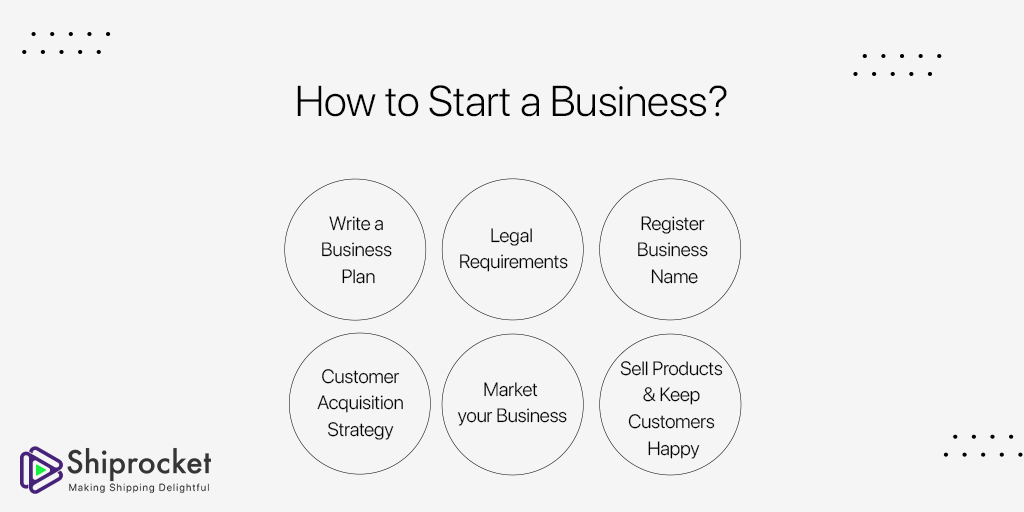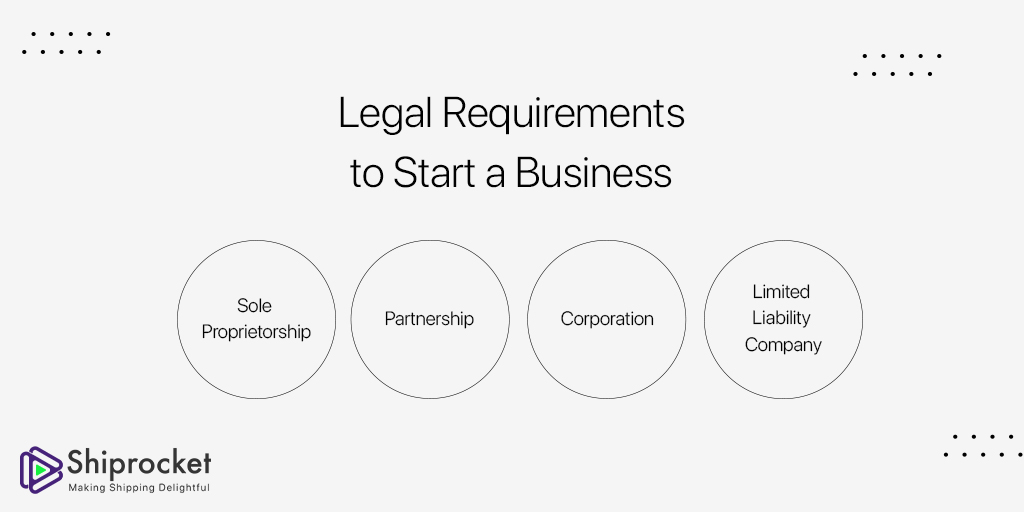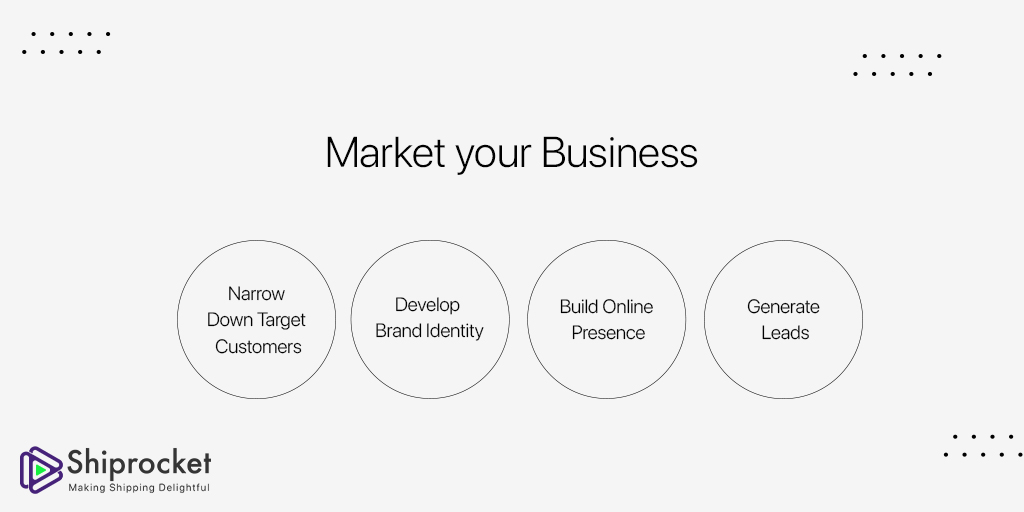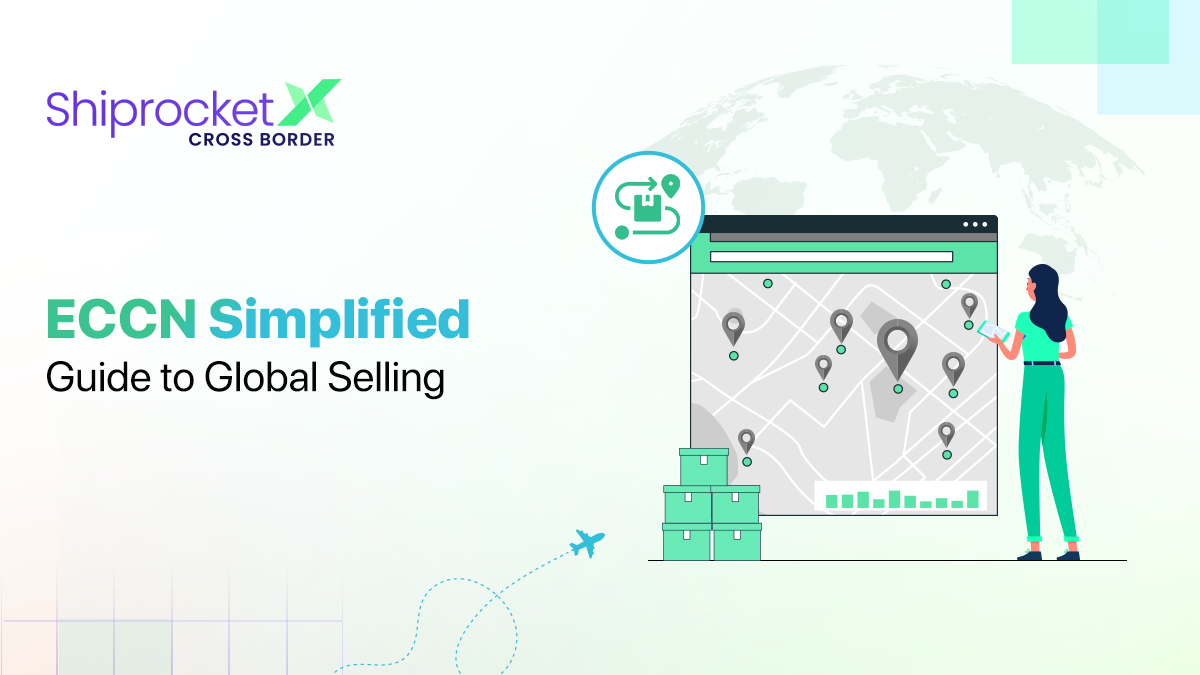How to Start a Business: A Step by Step Guide
Starting a business is not an easy task. It requires a lot of hard work and patience to start from the ground and keep going. You want visitors, qualified leads, and revenue. Timing, planning, market, and economic conditions matter a lot when you plan to start a company. Whether you will be able to penetrate the market successfully or not is also a concern.

To build and start a business, you need a business plan, research, complete all the legal paperwork, assess your finances, pick partners/investors, and create effective marketing and sales plan.
That said, starting and running a business may seem like a daunting task. To help you with it, we have listed the vital steps to help you get started.
How to Start a Business?

Starting a business involves various tasks. Brainstorming business names. Investments. And so much! The trick here is to have a detailed plan prioritizing everything properly and always staying on the top of everything.
Let’s now take a look at the steps to start a business.
Write a Business Plan
A business plan is a document that has all the business details. It covers everything – what you will sell, how your business will be structured, your target market, how you plan to sell products and services, your financial projections, what funding you require, which licenses and permits are required, etc.
Essentially, a business plan informs you whether your business idea is worth pursuing. It is the best way by which you can look at your business idea holistically and overcome the hurdles in advance that you may face later.
Let’s now take a look at how you can write a business plan:
What Makes You Different?
Think carefully what makes your business idea unique. Suppose you plan to start a fashion brand. Then you need to differentiate yourself from all other brands that offer the same category of clothes.
What differentiates you from them? Are you planning to offer – clothing for athletic and sports enthusiasts? Or you wish to do something environment-friendly? Having answers to all these questions will help you understand your brand positioning.
Keep It Short
Nowadays, business plans are short and concise. While you may wish to include all the market research in the business plan, have every single detail about your product, and outline what your website may look like, this is actually not helpful in the business plan.
Change as per Requirement
Your business plan is a living document. This means you can update it as and when required. For example, you can update it in a year or two, whenever you start new funding round or achieve a big milestone.
Legal Requirements to Start a Business

Once you are set with a business plan, the next step is to sort the paperwork and legal activities related to starting a business. This includes understanding the legal structure for the business you plan to start, finding the perfect business name, registering it, and getting a business license.
Before you register your business, decide what kind of entity your business is. Your business’s legal structure affects everything – how you file your taxes and personal liability if anything goes wrong.
- Sole Proprietorship: if you register your business as a sole proprietorship, you own the business entirely by yourself, and you will be responsible for all the obligations and debts. Notably, this option can affect your personal credit.
- Partnership: in a partnership firm, there are two or more business owners. You don’t have to do it alone, and you can find a business partner for yourself who can help you with his skills set.
- Corporation: if you want a separate personal and company liability, you can consider forming a corporation, like S Corporation, C Corporation, or B Corporation. However, each type of corporation is subject to different guidelines.
- Limited Liability Company: it is the most common business structure. It has the legal protections of a corporation and allows the tax benefits of a partnership.
Register a Business Name
The next step is to register your business name with authority:
Naming a business is a complicated task than just making a list and picking the right name. You need to register it with the state government. Here’s how you can register:
- Make Sure the Name Is Available: business names are registered on a state-by-state basis. So, it may be possible a certain name is available in one state but unavailable in another.
- Trademark Search: perform a trademark search of the desired name. It helps you know if any another business has registered or applied for the same trademark.
- New Corporations and LLCs: when you register a business, the business name is automatically registered.
- File for a Trademark: trademark your business name to protect logos, words/phrases, names, and symbols that distinguish your products from others.
Customer Acquisition Strategy
Generating demand for your products and earning customers come before securing funding from an external source. After registering your business and getting all the paperwork in place, now is the time to acquire customers.
- Market your business and build an online presence
- Start selling your products and services
- Strategize to keep your customers happy through word-of-mouth referrals, testimonials, etc.
Market Your Business

A new company needs to create interest among the customers for its products and services.
- Narrow Down Target Customers: you won’t sell anything if you don’t know who your customers are. You need to know who you are selling to. Who will find your products useful? Will they love it? You need to dig into their likes and dislikes. This includes knowing their background, interests, goals, etc., in addition to what they do every day and which social media platforms they use.
- Develop a Brand Identity: build a strong brand identity. It will describe your business values, vision, and emotions you want to communicate to the buyers. Consistent brand identity will help promote your business and attract new customers.
- Build Online Presence: now is the time to build the core marketing elements of your business, which includes building a website, creating a blog, email tool, and conversion tool.
- Generate Leads: generate leads and convert them into business. Attract customers, convert them, and generate revenues.
Sell Products and Keep Customers Happy
- Set up Sales Infrastructure: set up a sales process to avoid painful headaches later. You can start with CRM, where you can track all your customers and prospective customers.
- Identify Sales Goals: figure out what is coming into your business. This will help you meet ends and grow.
- Sales Activities: efficiency is the key to a successful business. Put in place a sales process that works as per your business size.
- Retaining Customers: lastly, retaining customers is as important as getting new customers. You need to take care of your existing customers and offer them excellent customer service to earn their loyalty.
Starting a new business is not that easy. But it is not impossible. Whether you want to start a new company or launch a new product in the market, the steps discussed above can help you turn your dreams into a reality!







